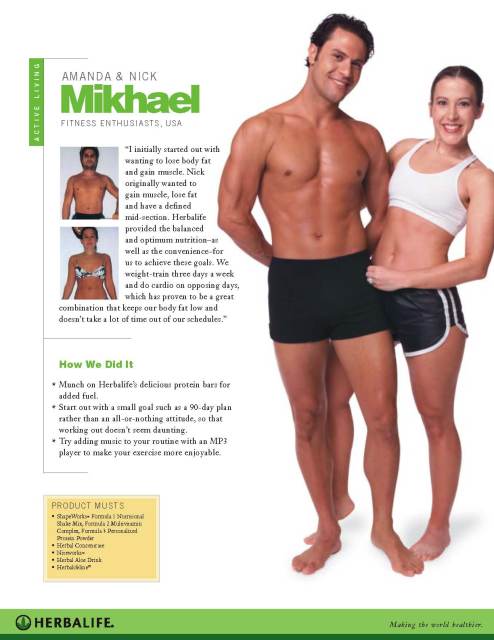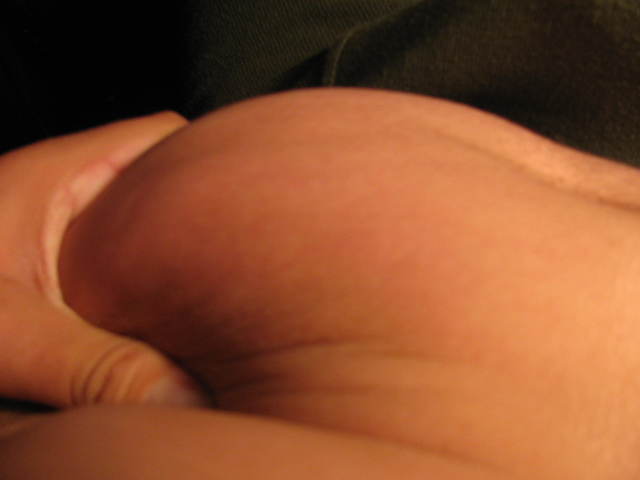Vinegar
Question
I heard vinegar was good for you, could you tell me how and what amount is good for you?
Hello Redian!
Thank you for your nutrition question. 1 or 2 tablespoons daily is the usual amount to take for various ailments. From removing stains to pickling, vinegar has been used for many jobs. However, its medical benefits are debatable. The Vinegar Institute maintains that there is no solid scientific evidence to support any health claims.
Still, some people claim vinegar eases arthritis or that it clears their sinuses. Others believe it softens dry skin or helps with digestive problems. There are people who take vinegar pills to lose weight. Some even claim that vinegar has lowered cholesterol levels.
Vinegar was discovered more than 10,000 years ago quite by mistake, says the Vinegar Institute. The word vinegar in French, in fact, means sour wine. Vinegar is made not just from wine, though. It can also be produced through a fermenting process with apples, grains, potatoes, molasses, grapes, peaches, berries, honey, beets, melons, coconut and whey.
Over the centuries, vinegar has been used in a variety of ways, including as a beverage and a preservative. Hippocrates praised vinegar for what he considered its medicinal qualities. Vinegar has been used to treat wounds, rashes and bites. Vinegar is quite handy around the house as well. This liquid can be used to remove laundry stains, to set colors when dyeing clothing, to clean the oven and even to brighten stainless steel.
You can supplement many dishes with vinegar. Try adding balsamic vinegar to salmon or malt vinegar to broiled chicken. Add cider vinegar to sauerbraten or white wine vinegar to asparagus. Raspberry red wine vinegar can be added to potato salad for an interesting twist, and you can create your own vinaigrette. A basic vinaigrette can be used in many ways, from salads to marinating.
For more answers to your nutrition questions check out "Ask the Nutritionists:Answers to your Nutrition Questions" by George Rapitis. Available at www.authorhouse.com or your favorite bookstore.
-George Rapitis, Bsc. Nutritoinist
www.juiceblend.com
- Prev:fruitarian
- Next:Fat around stomach region
Related Articles
-
I need to lose weight
QuestionI have tried so many different ways to try to lose weight
-
Hidden food intolerances and hidden symptoms
QuestionHi Tanya I have a question about my food intolerances. I
-
Protien supplements
QuestionI have been working out and trying to add some lean muscl
-
Since I dont want to measure,...
QuestionSince I dont want to measure, whats a healthy serving of
-
Weight loss vs. Muscle gain
QuestionIm enlisting in the Army very quickly after graduation. I
-
Proper Caloric Intake
QuestionHi Phil! I am 58 and currently weigh 200 lbs. . Ive los
More Great Links




